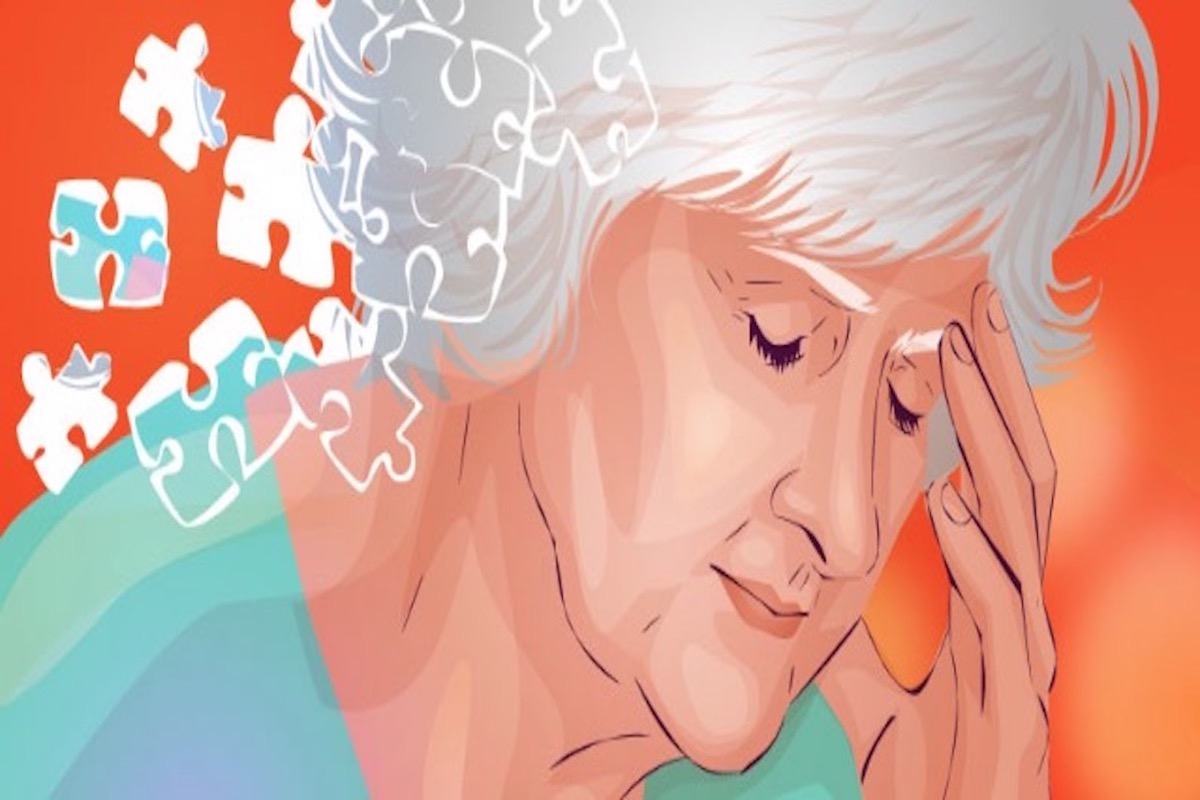Diagnosing Alzheimer’s disease (AD) involves several steps. First, doctors talk to the person and their family to understand their symptoms and medical history. They may perform memory and thinking tests. Brain scans, like MRI or CT, can help rule out other issues. A definitive diagnosis often requires more advanced tests, like PET scans or cerebrospinal fluid analysis, which can reveal AD-related changes in the brain. While there’s no single test for AD, these assessments together help doctors make a diagnosis, ruling out other causes of memory problems.

Are There Any Treatment Options for Alzheimer’s Disease?
Alzheimer’s disease doesn’t currently have a cure, but there are treatments to help manage its symptoms and improve the person’s quality of life. The two most common treatment options are medication and lifestyle changes. There are drugs, like cholinesterase inhibitors (e.g., Donepezil) and NMDA receptor antagonists (e.g., Memantine), which can help manage memory and thinking problems. They don’t stop the disease, but they can slow down its progress in some people. Healthy habits can make a big difference. Regular exercise, a balanced diet, social engagement, and mental stimulation can help maintain brain function and slow the decline in memory and thinking. Other treatment options include:
- Behavioral and psychological therapies: these therapies can help manage behavioral symptoms like agitation, anxiety, or depression.
- Occupational therapy: this helps people adapt to their daily activities and surroundings as the disease progresses.
- Support and education: support groups and education for the person with AD and their caregivers can provide valuable information and emotional support.
- Clinical trials: some individuals choose to participate in clinical trials for experimental treatments that may help find new ways to treat AD in the future.
Keep in mind that there is always help and support available for people suffering from Alzheimer’s disease and their family members. For more information about memory loss, dementia, or other progressive brain conditions continue your online search here:

